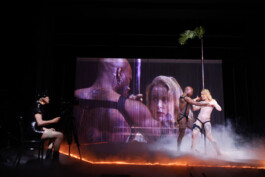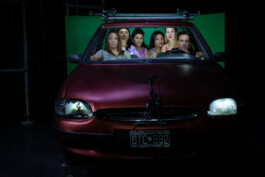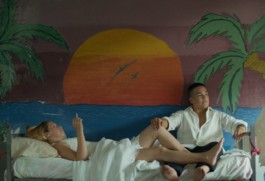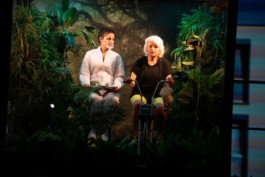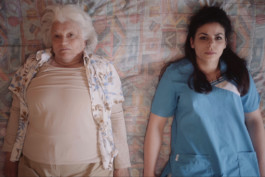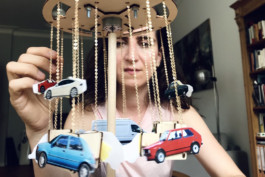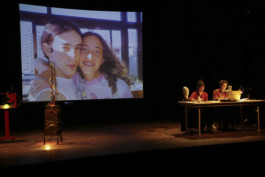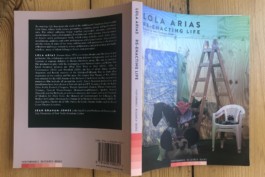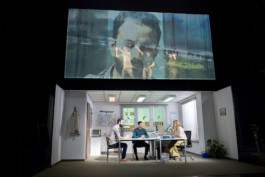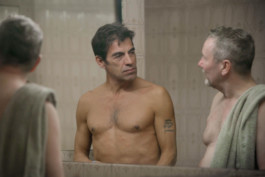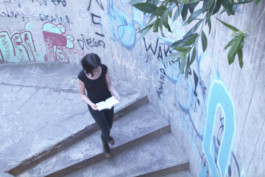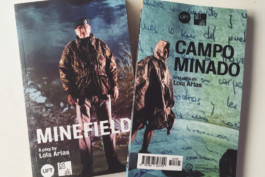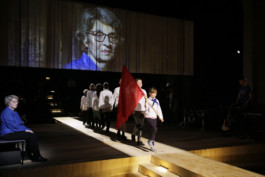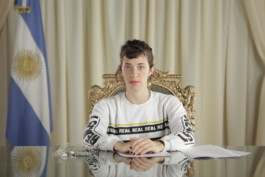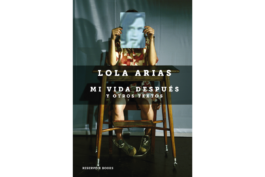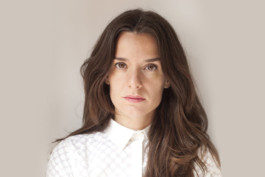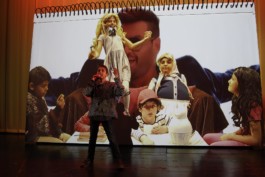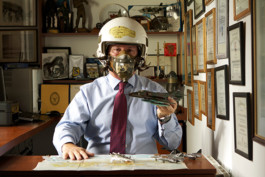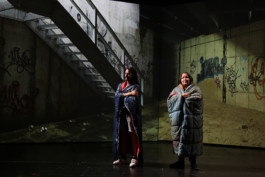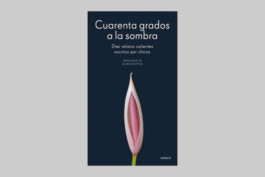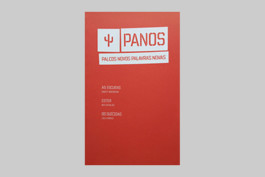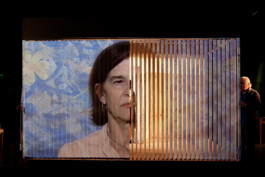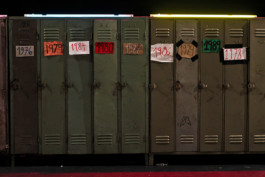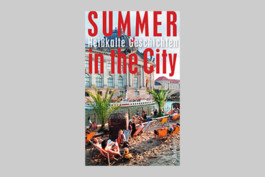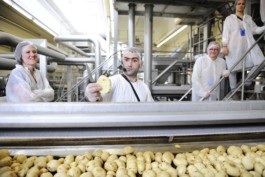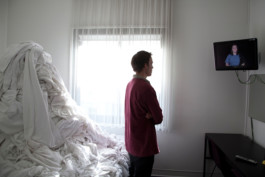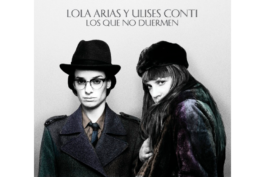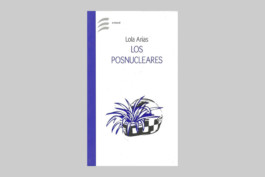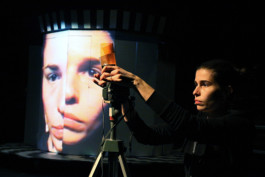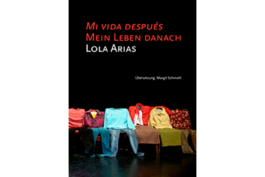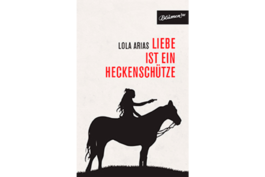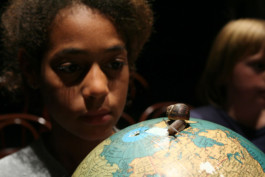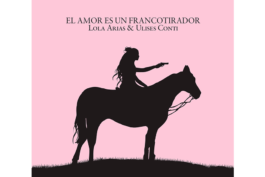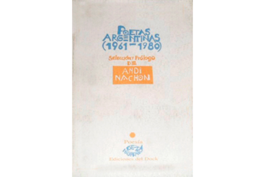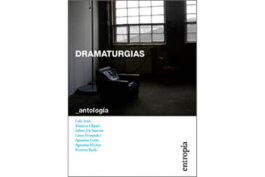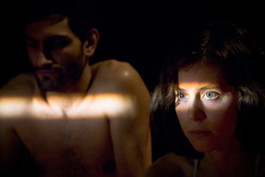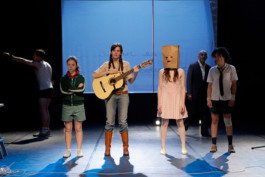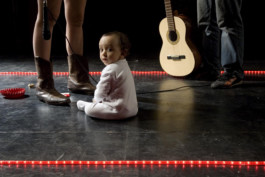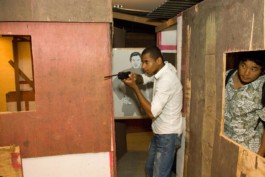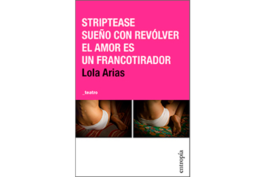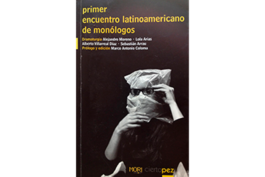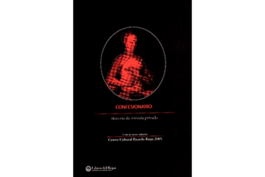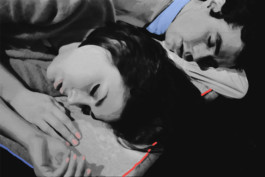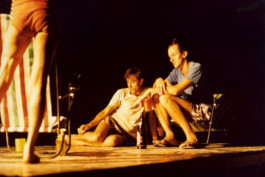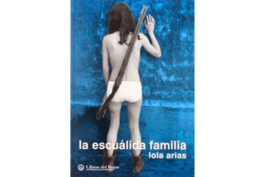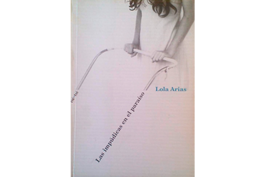El arte de hacer dinero
2013
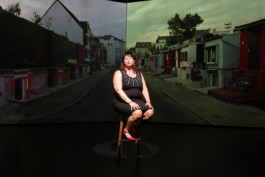
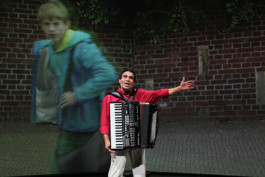
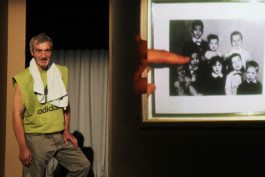
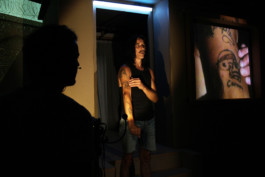
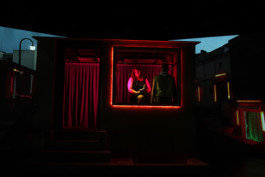
The art of making money is a play performed by beggars, street musicians, prostitutes and actors from the city of Bremen. They talk on stage about how they make a living performing in the street. Like one of those get-rich-quick books, but written by beggars instead of a millionaire, the protagonists share their methods with the audience. Are they playing a role? Are they themselves? Do they choose a background in the city as their stage? Do they have a text? Who are their clients? How much do they make?
The art of making money is a play based on a concept taken from Brecht’s The Threepenny Opera. In Brecht’s play we see the city through the eyes of those who work in its streets: beggars, prostitutes and thieves. And it is also a play about theatre, about how people use theatre to survive. As Peachum, the controller of the Beggars’ Company, says in the first act: Nobody can make his own suffering sound convincing. So beggars have to act out their suffering to survive in the same way that prostitutes have to act out their pleasure. This 1928 play raises a question that is still relevant: What is compassion in our time? How do we deal with other people’s poverty? What strategies do people who live in the street use to survive?
The art of making money is a new portrait of the modern city through the eyes of people performing in the street, who are also somehow witnesses to how we experience compassion or desire.
Creditos
Escrita y dirigida por Lola Arias.
Con Beate Augustin, Ibrahim Chacarov, Mehmet Chacarov, Claudius Franz, Anja Meister, Ronald Meister, Bernhard Richter, Matthieu Svetchine, Boiko Borisor Todorov, Dog Kumpel.
Dramaturgia Benjamin von Blomberg.
ProducCión Alexandra Morales.
Tracción Martin Mutschler.
Escenografía Dominic Huber.
Música Ulises Conti.
Video Mikko Gaestel.
Iluminación Joachim Grindel.
